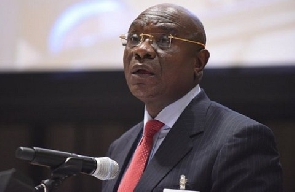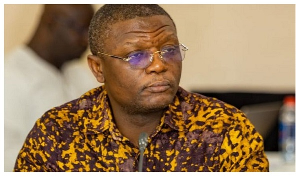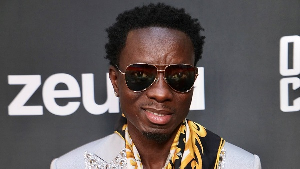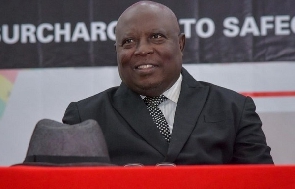Orangeburg, SC, USA
30TH August, 2013.
Yesterday, the Supreme Court panel on the election petition declared that President Mahama was “validly elected.”
Against all odds, the court, even if imperfect, had done their duty. Ayekoo to the Justices—regardless of how they voted.
Moments later, the first petitioner, Hon. Nana Addo Dankwa Akufo-Addo, stepped to the microphone to lower tensions and to begin the important work of re-uniting the country, after calling President Mahama to congratulate him. In what may be his finest moment in a distinguished career in politics, the former Foreign Minister urged the country to move on. As he put it, “Everything in my bones, in my upbringing and what I have done with my life thus far makes it imperative that I accept the decision made by the highest court in the land.” Then for the avoidance of doubt, he announced that the petitioners would not seek a review of the court decision. For this, as well as his decision to seek redress in court rather than on the streets, Nana Addo deserves commendation and gratitude.
Hours later, the President addressed the nation, calling for unity and quoting Nana’s uncle J.B. Danquah to match and re-enforce the conciliatory tone Nana had set. Said the President, “Strong institutions are the bedrock of strong nations.” Indeed, Mr. President.
Both leaders truly showed statesmanship and should be commended.
While we continue to study the reasoning behind the court decision and to await the Electoral Commission’s reaction, we can draw some conclusions. The most significant is that while the Electoral Commission was not shown to be corrupt, it was shown to be incompetent. The Commission, together with Parliament, must harvest the lessons of this unfortunate episode and ensure that Ghana will never suffer again, the humiliation of waiting for 8 months to learn the winner of a Presidential election. This exercise is a luxury that our nation, facing the daunting challenges of development cannot afford. We must embed the role of IPAC in our laws and make honest changes to our election processes.
Before turning to the more urgent business of development, our political parties must address the disgraceful culture of insults that was condemned by the court to the adulation of Ghanaians and take the role of polling agents more seriously. Perhaps, if our polling station agents spread across Ghana had been better trained and performed better, we might have been spared the last 8 months of agony and tension.
As suggested by the President and Dr. Nduom, we must return urgently to the business of the people. We must work to improve our schools so that all our children can develop their God-given potential; work to create good jobs for our youth and improve our healthcare and public services.
Finally, at the risk of being cited for contempt, let me suggest that this case, while it was about politics and elections, exposed a few blemishes about our judiciary that should command the attention of our judges and lawmakers. Amongst these are the need for respect for due process in contempt cases, the need to speed up litigation as well as seek improvements in the temperament and demeanor of our judges. Anger, respectfully, does not become even the best justices well. It bespeaks emotion, intolerance and partiality.
Let us move forward together.
Arthur Kobina Kennedy
Opinions of Sunday, 1 September 2013
Columnist: Kennedy, Arthur Kobina


















